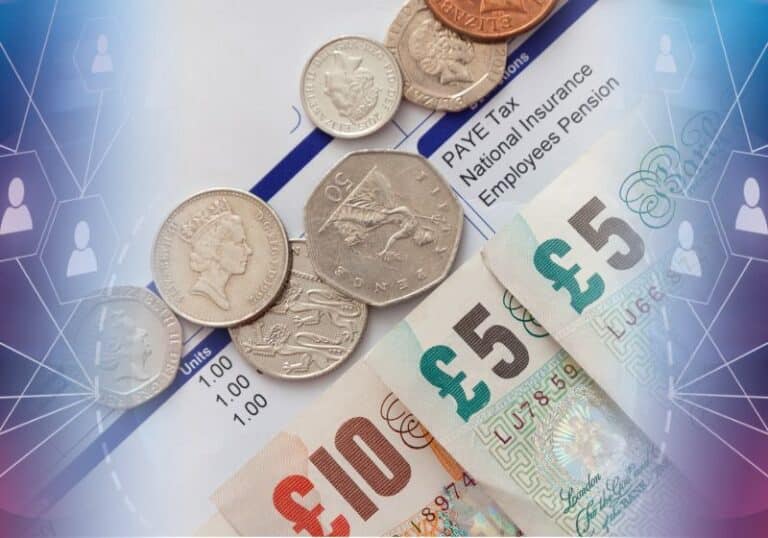Right to work digital ID checks and why you need to know more about them!

All employers have the responsibility to make sure that they are preventing illegal working, this is done through conducting simple right to work checks before someone starts their employment. Failure to conduct these tests can result in a civil penalty of up to £20,000 per illegal worker and these tests must be carried out on ALL employees including British nationals, voluntary, unpaid and paid workers.
As a large proportion of workers continue to operate remotely businesses are having to use digital methods in terms of right to work identification. The pandemic accelerated a lot of processes from manual to digital and right to work checks are one of these, as the government now recognise that employers will not wish to return to in-person checks.
What are digital ID checks?
Digital right to work checks are being used to verify the identity of new UK and Irish citizens remotely to prove their eligibility to work. The pandemic accelerated this as it became evident that there was a need to digitise the system to undertake these checks from home. Digital checks are continuing to support the working practices created by the pandemic and are speeding up the recruitment and onboarding processes.
From 1 October 2022, employers will no longer be able to satisfy the mandatory obligations to undertake RTW Checks on employees by solely viewing documents remotely. Employers will need to ensure that they carry out a RTW Check using one of the following methods:
- By undertaking a manual, in-person, Right to Work Check
- By using the Home Office online checking service
- By using an accredited provider of Identification Documentation Validation Technology (IDVT/IDSPs)
What does it mean for employers?
From 1 October 2022, there will be only two types of RTW Checks that can be undertaken:
- A digital check, either via the Home Office checking service or via an IDSP, depending on the type of immigration status held by the particular employee (at present there are only nine organisations that have been accredited and who appear on the IDSP list)
- An in-person manual check using original documents
The hope for digital checks is to provide a secure and more consistent method of identification. This will aid in reducing risk and avoid the chance of human error which can happen when performing these checks manually.
Why should you consider digital checks for right to work?
There are a lot of reasons to be using digital verification for right to work, such as:
Consistency – The digital checks give one consistent process across your business for all staff.
Reduction in administration – Digital right to work checks aim to eliminate the need to photocopy and store paper copies of identity documents, saving time and reducing admin costs.
Receive genuine document – digital checks protect the team in control of identifying if a document is fraudulent or not.
Saves time – The software used for these checks are very fast and you usually get a response about the check within minutes.
Key points for employers – Are they the future?
Our recommendation for employers employing UK and Irish Citizens is to seek a digital process before the temporary covid adjustments end in September unless you can still do in-person checks. Digital systems for this process are advised not only for ease but for compliance purposes and a framework has been created for this to ensure companies follow secure, trusted and consistent digital right to work checks.
We also suggest that all personnel involved in the recruitment and onboarding of a new employee should be trained to conduct these checks correctly, as regular spot checks of document should be performed to identify potential issues.
If you’d like to speak to us about this further and understand more about digital right to work checks, contact us today we are always happy to explain in more detail. Call us on 01455 444222 or email us at [email protected]
Background links:
Online right to work checks – GOV.UK (www.gov.uk)
Right to work checks: an employer’s guide – GOV.UK (www.gov.uk)
HR Magazine – Right to work digital ID check providers chosen
First right-to-work identity check providers named by government (personneltoday.com)
Digital right to work checks: what employers need to know – BM Insights – Blake Morgan
HR Magazine – Digital right to work checks to be introduced from April
Angela Clay
A qualified employment law solicitor and our managing director, Angela has unparalleled legal expertise and decades of experience and knowledge to draw from. She’s a passionate speaker and writer that loves to keep employers updated with upcoming changes to legislation, and is a regular guest speaker on BBC Leicester Radio.




